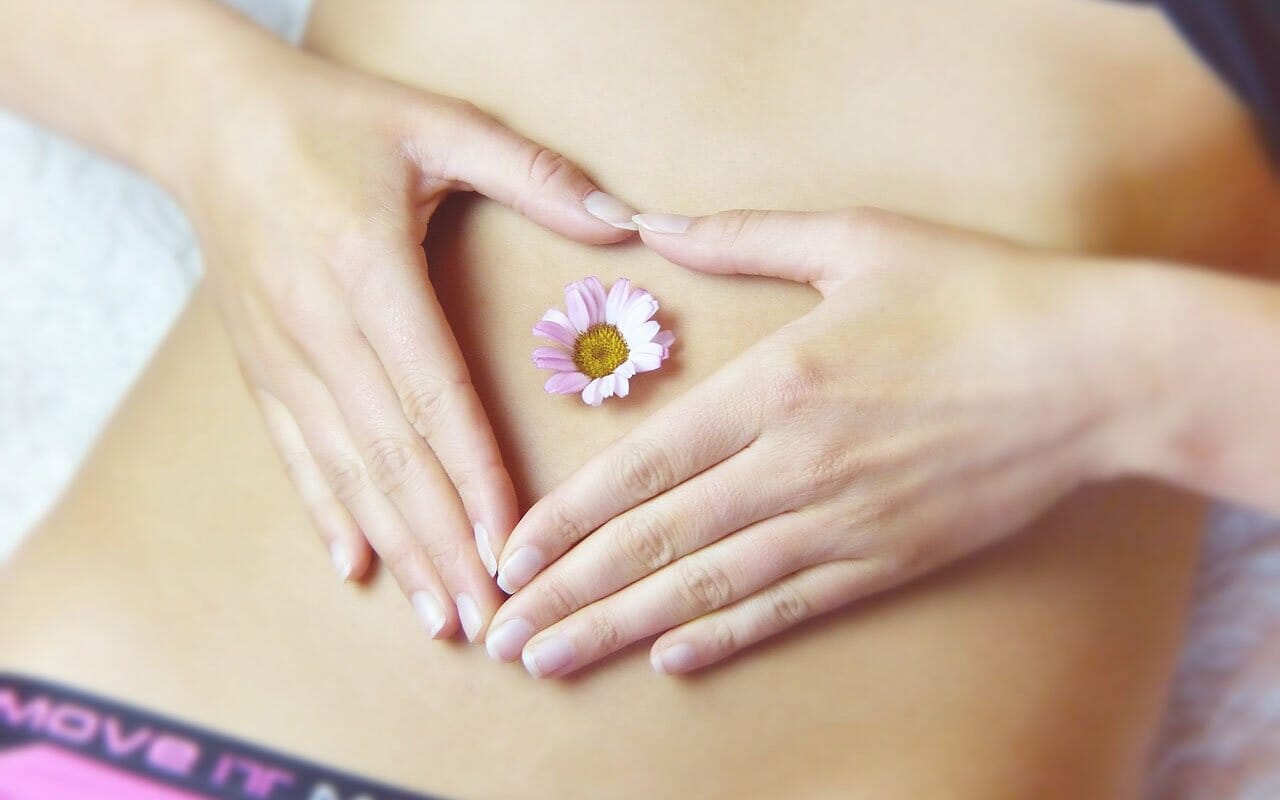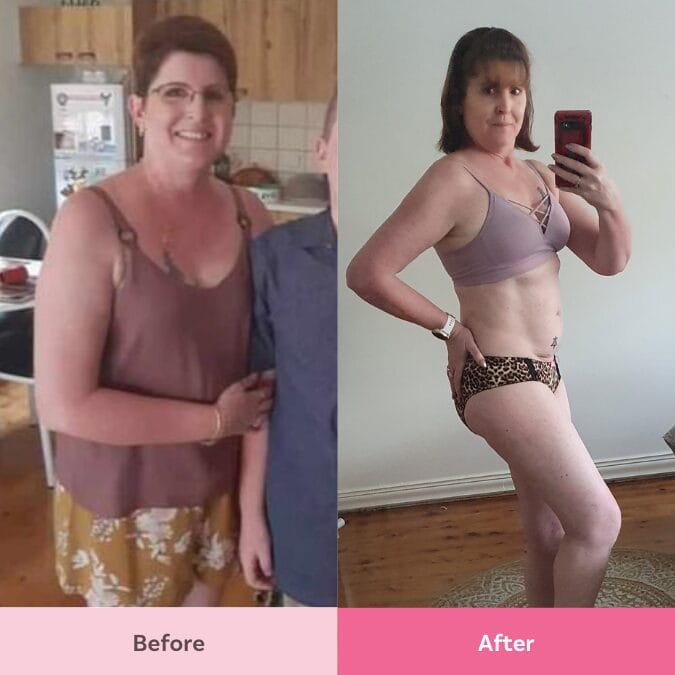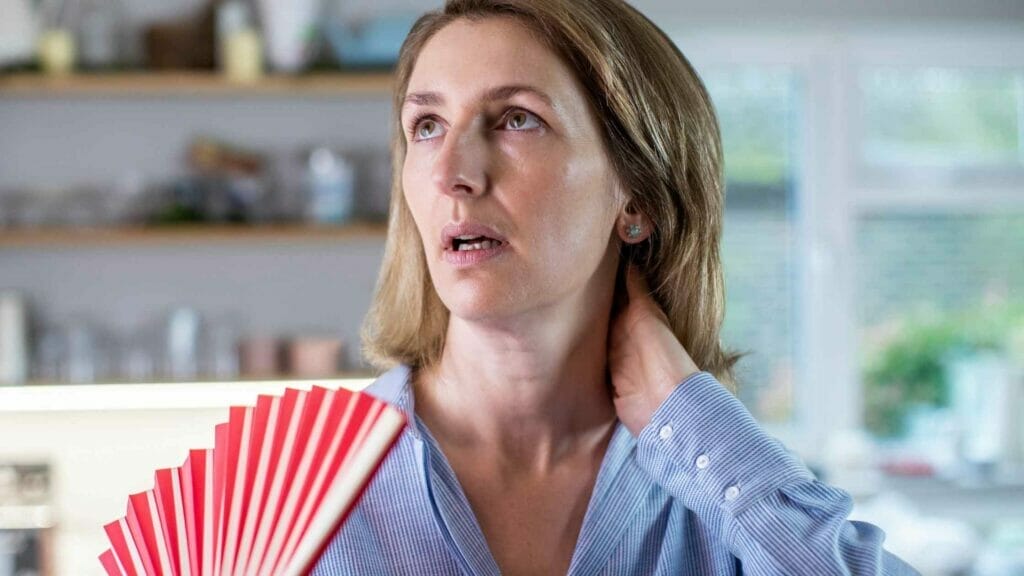10 Things You Need To Know About PCOS
Polycystic Ovarian Syndrome (PCOS) is the most common endocrine disorder in women of reproductive age. Could it affect you, your weight management and indeed, your chances of extending your family? The Healthy Mummy asks a fertility expert.
- Updated on
- ByHealthy Mummy Team

BMI Calculator
Welcome to our FREE BMI Calculator. The Healthy Mummy has helped 100,000's of mum lose weight and regain their body confidence and we are confident that we can help you do the same too.rnrnUse this BMI calculator to check your body mass index (BMI) and find out if you’re a healthy weight
Is Body Mass Index reliable?
Your BMI, or Body Mass Index, is a measure of your weight compared to your height. Accurate assessments of obesity are important, as being overweight or obese significantly increases your risk of a variety of medical conditions including type 2 diabetes, heart disease and cancer. As levels of overweight or obesity increase, the spotlight has fallen on BMI and its shortcomings as a measure of ideal weight for individuals, rather than whole populations of people where ‘averages’ apply.
For most adults, BMI gives a good estimate of your weight-related health risks. If your BMI is over 35, your weight is definitely putting your health at risk.
Please enter your weight and height as accurate as possible. Your results will appear here.
- You are underweight for your height. It’s important to stay within a healthy weight range to improve your body’s ability to fight off illness or infections.
- You are a healthy weight for your height. It’s important to aim to stay within the healthy weight range by maintaining a well-balanced diet and exercising regularly
- Your BMI is considered overweight for your height. It’s also recommended to check your waist measurement. Being overweight increases your risk of a number of health conditions such as coronary heart disease or type 2 diabetes.
- To achieve and maintain a healthy weight, it’s important to enjoy a healthy, well-balanced diet and exercise regularly.
- For specific medical and dietary advice, consult your doctor or an Accredited Practising Dietitian.
- Your BMI is considered overweight for your height. It’s also recommended to check your waist measurement. Being overweight increases your risk of a number of health conditions such as coronary heart disease or type 2 diabetes.
- To achieve and maintain a healthy weight, it’s important to enjoy a healthy, well-balanced diet and exercise regularly.
- For specific medical and dietary advice, consult your doctor or an Accredited Practising Dietitian.
- Your BMI is considered obese for your height. It’s also recommended to check your waist measurement. As your BMI increases, so does the risk of developing serious health conditions such as coronary heart disease, type 2 diabetes and osteoarthritis.
Our recommendation

Download the Healthy Mummy App
And get access to our recipes, meal planner and much more. Our 5 star top rated app is easy to use and will help you smash your goals.

Try our weight loss range
We have a large range of smoothies and supplements that could help you on your journey.
Our recommendation

Download the Healthy Mummy App
And get access to our recipes, meal planner and much more. Our 5 star top rated app is easy to use and will help you smash your goals.

Try our weight loss range
We have a large range of smoothies and supplements that could help you on your journey.
Our recommendation

Download the Healthy Mummy App
And get access to our recipes, meal planner and much more. Our 5 star top rated app is easy to use and will help you smash your goals.

Try our weight loss range
We have a large range of smoothies and supplements that could help you on your journey.
Our recommendation

Get a program tailored to your needs
If you have a BMI of over 27 we recommend talking to a Doctor to assess your health goals and your weight.
The Healthy Mummy have now partnered with Moshy, who is an Australian holistic medical company specialising in weight loss and skincare for women.
At Moshy, you can access an online personal Doctor consultation to assess your needs and to see if you are eligible for additional tools to help in your weight loss and health goals.
Our recommendation

Get a program tailored to your needs
If you have a BMI of over 27 we recommend talking to a Doctor to assess your health goals and your weight.
The Healthy Mummy have now partnered with Moshy, who is an Australian holistic medical company specialising in weight loss and skincare for women.
At Moshy, you can access an online personal Doctor consultation to assess your needs and to see if you are eligible for additional tools to help in your weight loss and health goals.
Want FREE delicious recipes, fitness tips and great specials?
© 2025 The Healthy Mummy. All Rights Reserved.
Apple and the Apple logo are trademarks of Apple Inc., registered in the U.S. and other countries. App Store is a service mark of Apple Inc., registered in the U.S. and other countries. | Google Play and the Google Play logo are trademarks of Google LLC.






